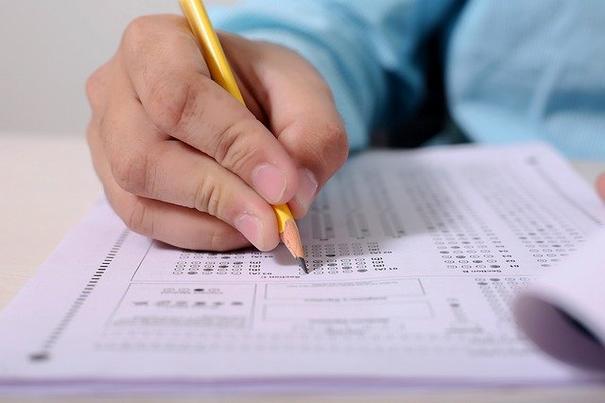Have you ever wondered how to become a stock broker? Would you know how to get started? Well, I have you covered. Here, I explain how you can get started.

A stock broker is responsible for buying and selling securities. If you want to pursue a career in this field, you should get a Series 7 license to be able to operate. There are different steps that you should follow to obtain this license. Read on to learn how to get a series 7 license and become a stock broker.
Education
If you’ve been wondering how to become a stock broker, then you’re probably already aware that education is essential. You must acquire a four-year college degree program if you want to work for a financial institution as a stock broker. Many traders have degrees in accounting, math, finance, banking, business, or economics. You need to be comfortable with dealing with large numbers and data analysis. It is crucial to learn about financial markets and make it your habit to read business publications like The Wall Street Journal and watching financial channels.
Get Legal Advice
Before you get a Series 7 license, you obtain legal advice about what the profession involves. Dealing with sensitive financial information requires a high degree of professionalism. Legal expert Robert Pearce explains that cases of fraud should be handled professionally if you think that a trader has short-changed you. You need to contact a lawyer to pursue securities arbitration under FINRA.

Exams and Licensing
To become a stock broker, you should first take some Financial Industry Regulatory Authority (FINRA) exams then obtain a license. The SIE exam commonly includes topics like regulatory agencies and fundamentals. You can take the test even before you get a sponsor. Once you pass the exam, you should get a sponsorship with a licensed firm to be able to get a series 7 license. After passing the Series 7 examination, other states require you to pass the Series 63 exam that tests various elements of the stock market to be able to sell stocks and other securities.
Complete Internship
After passing the SIE examination, you should complete an internship with a reputable financial institution. An internship will help you familiarize yourself with the career. The other thing is that you should get a sponsor to register for the series 7 exam.
Pass Background Check
Before you obtain a series 7 license, you must pass background checks, which include a credit record and criminal background search. You need to be screened by the FBI to check if you do not have any criminal record. Stock traders deal with sensitive financial information like government securities that can lead to economic espionage and lead to damaging market speculation if it leaks.
Move to a Vacant Desk
When you pass the exams and obtain a license, you can request to start trading. Here you will learn different things like developing trading strategies and carrying out trades on behalf of the clients. At the trading desk, you get the opportunity to learn about different companies while at the same time getting a feel about the markets. You will also identify a niche that you can specialize in like, equities, futures contracts, or debt instruments.
Becoming a stock broker
There are various reasons why different people decided to become stock brokers. This is a fascinating profession that offers handsome rewards. However, before you become a broker, you need to take different steps to obtain a Series 7 license, which is obligatory in this field.
If you’ve been wondering how to become a stock broker, then I hope you found this article helpful. Good luck with obtaining your Series 7 License.





.jpg)




